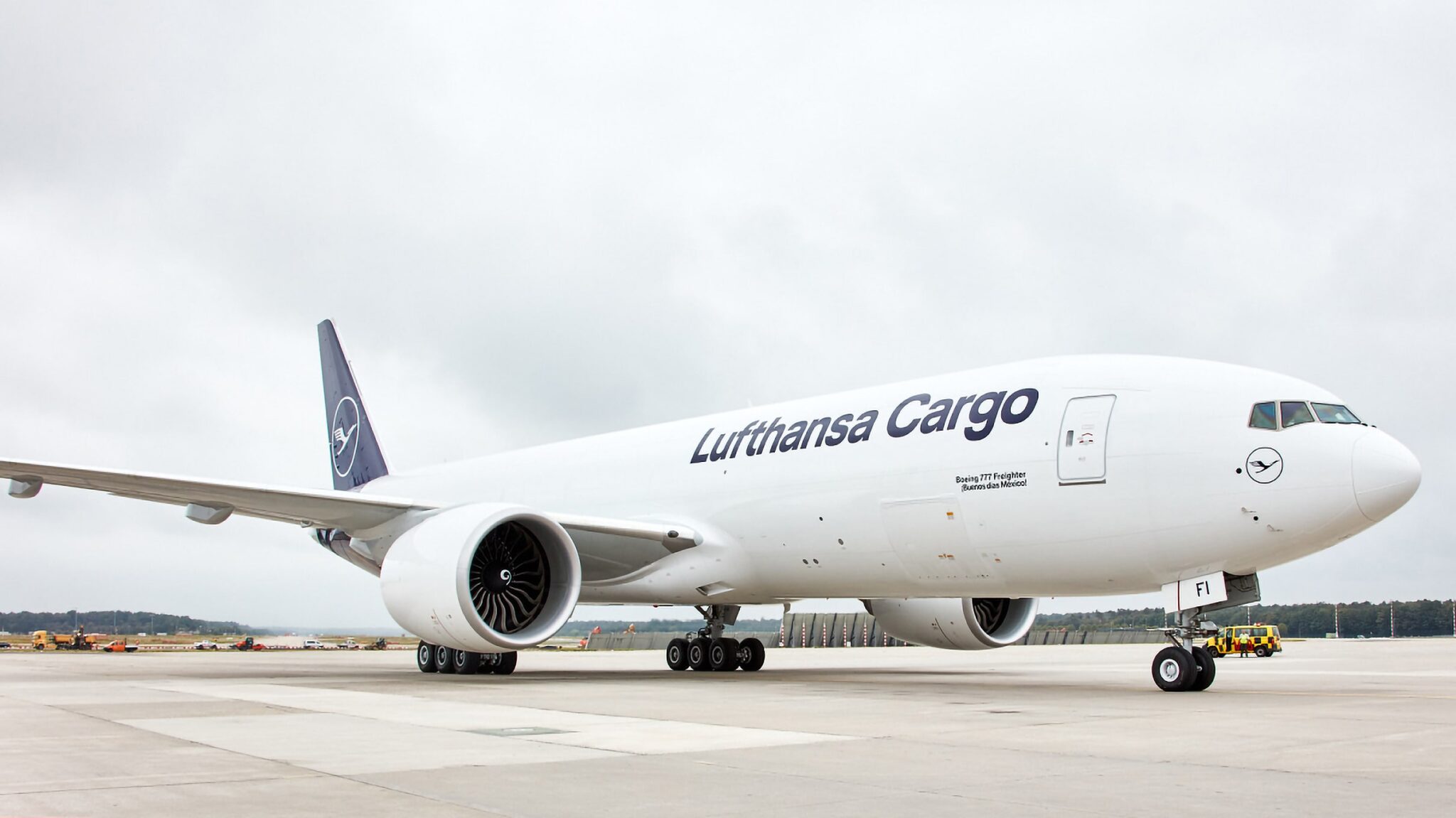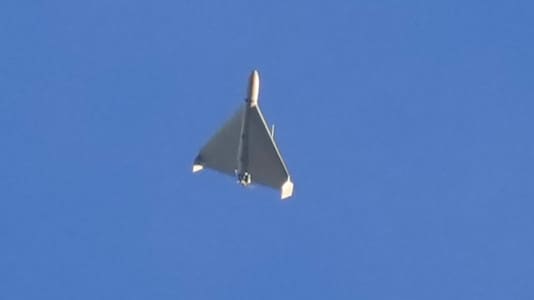The German business sector must be delighted with the Tusk government’s decisions to stall crucial Polish infrastructure projects. Delays and re-evaluations of the Central Communication Port (CPK), nuclear power plants, port expansions, and the navigability of the Oder River play right into German hands. These initiatives are vital to Poland’s long-term growth, yet the new left-liberal government seems more interested in appeasing critics than defending national interests.
One of the most glaring examples is the CPK. Shortly after taking office, Tusk’s government halted progress on the project — a key element of Poland’s vision to become a major transport hub in Europe. After significant public pressure, the government half-heartedly revived it, but with substantial limitations, particularly excluding the crucial cargo component. Lufthansa, with keen business instincts, quickly saw this as an opportunity to expand its footprint in the Polish market.
Just recently, Lufthansa Cargo’s regional director for Central and Eastern Europe announced plans to launch freight routes between Frankfurt and Katowice as early as this winter, with service starting at two to three flights per week and quickly ramping up to five to six. This move is not merely a coincidence; it is a calculated response to the chaotic uncertainty surrounding CPK. By deploying a specially outfitted Airbus A321 capable of carrying 25 tons of goods per flight, Lufthansa is positioning itself to dominate Poland’s air cargo market before CPK even has a chance to get off the ground.
Let us not forget the broader implications of the Tusk government’s dithering. In June, after months of delay, Tusk presented a revised version of the CPK project. The new plan is less ambitious and more ambiguous than the original, signaling that the government is merely going through the motions. For instance, significant investment will go into upgrading Warsaw’s Chopin and Modlin airports, aiming to serve 30 million passengers by 2030 — just two years before CPK is supposedly set to open.
Why pour billions into expanding airports only to abandon them shortly after? This contradiction is glaring and suggests that the CPK’s completion date will likely be pushed indefinitely, if it ever happens at all.
The revised CPK concept also abandons the original plan of creating a major passenger and cargo hub. There is no mention of the airport’s strategic military importance, which would be essential given Poland’s position in NATO. Moreover, the scaled-back plan excludes most of the high-speed rail connections originally envisioned, leaving out many smaller towns that were supposed to benefit. The timeline has also been shifted from 2027 to 2032, turning what should be a five-year delay into a project with an indefinite completion date — essentially a “never-ending project.”
Given this environment of uncertainty, it is no surprise that German companies are stepping in to fill the void. Lufthansa’s decision to aggressively enter the Polish cargo market, sensing weakness and indecision from the Polish side, should serve as a wake-up call.
The Polish government’s lack of vision and strategic foresight has allowed foreign interests to gain a foothold, further eroding Poland’s ability to control its own economic destiny.
In the end, this is about more than just cargo flights. It is a clear example of how Poland’s sluggishness in key infrastructure projects is costing the country dearly. While the Tusk government delays and dithers, others are already reaping the benefits.






